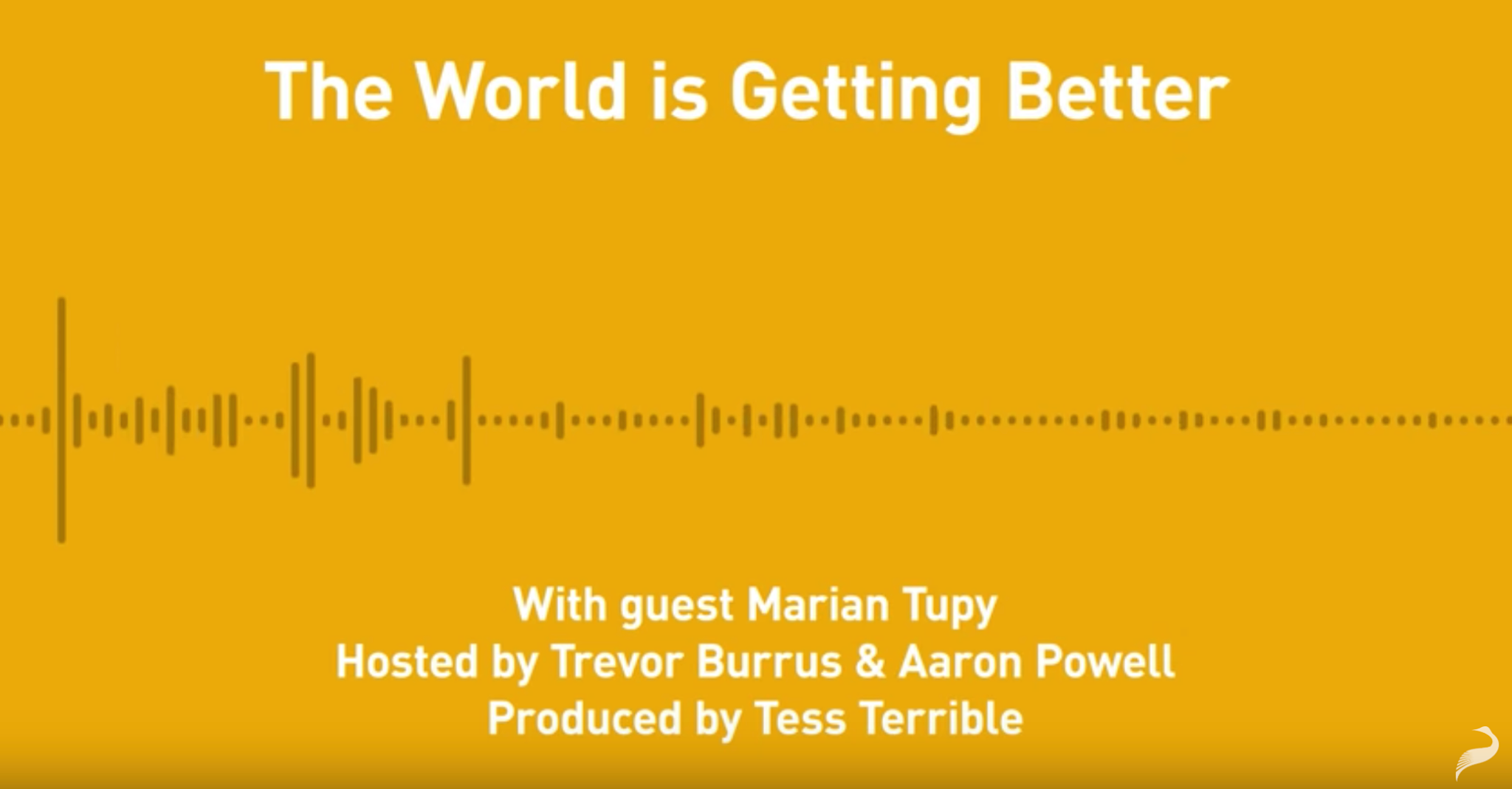Human Progress is not linear. The curve of human progress is a jagged one. Many of us are convinced that the world is worse, but as Marian Tupy, editor of HumanProgress.org explains, that is due to one of our many biases. It seems as though our memory of bad events outweighs our memory of all the good we see on a daily basis. For example, what took you 60 minutes of work to buy in 1980 took only 21 minutes of work to buy in 2017. What is the goal of humanprogress.org? Why do we notice bad occurrences throughout our lives more than good ones? What is negativity bias? Why is everyone so convinced that the world is getting worse if that is not what the statistics show?
Listen to the podcast here.


